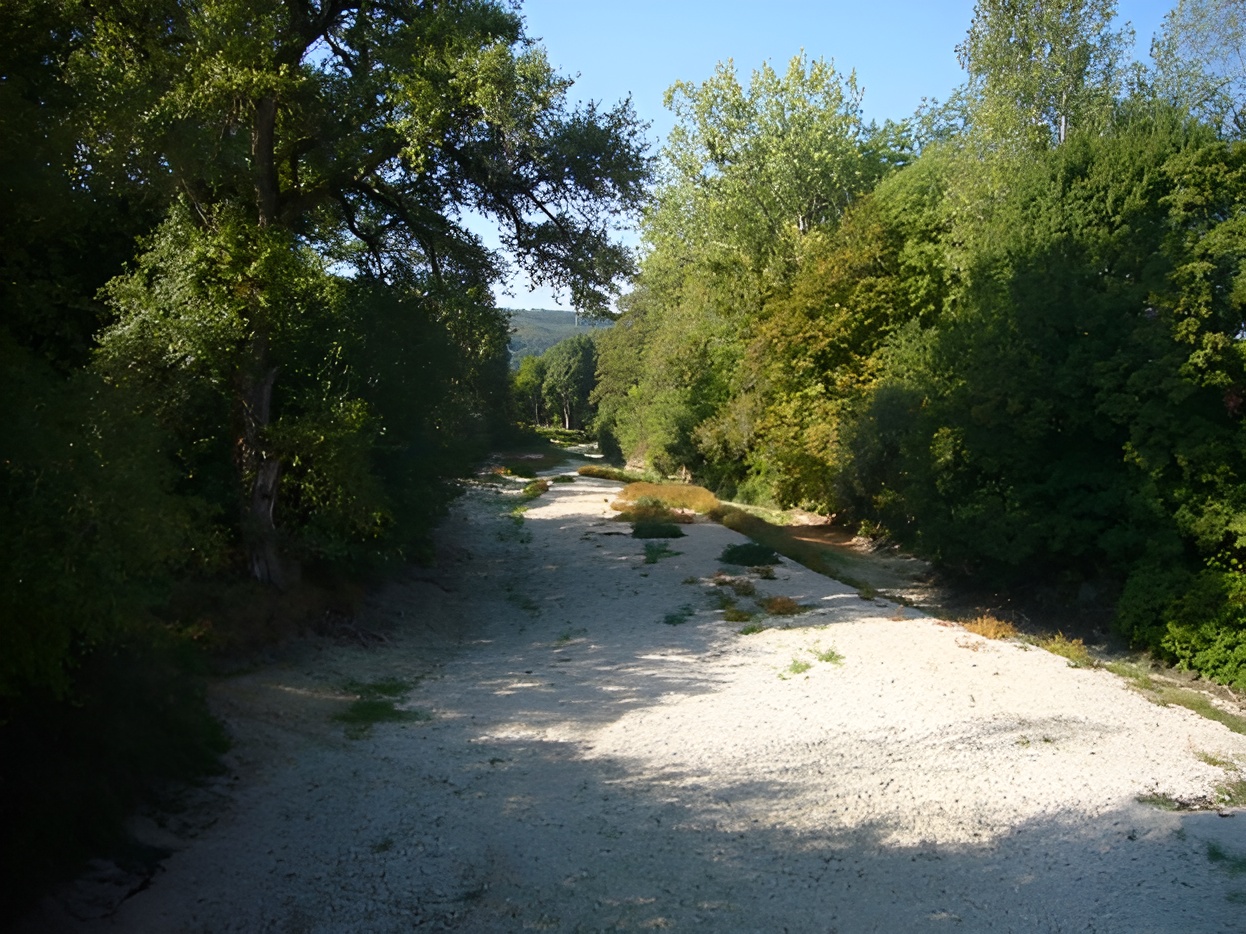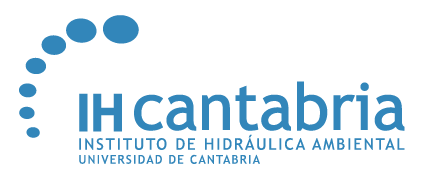ANNUAL REPORT 2023
Flagship Research Project
Creating new strategies for the mapping, study and management of drying rivers
DRYvER is a four-year long project funded by 2020 Horizon Program of the European Union with a budget of €6,703,358.75 (€343,000 IHCantabria) involving a team of 25 experts from 11 countries in Europe, South America, China and the USA.

Challenge
Rivers are systems of great biodiversity, but they are being threatened by climate change and human activities. Dry waterway networks have been usually ignored by scientists and policy makers and their importance has been neglected.
Solution
Carrying out research into how climate change alters biodiversity, the function and services of the ecosystem services of rivers at different spatial and time scales.
The impact of droughts on river networks and ecosystems will be analysed and nature-based solutions proposed.
Results
DRYvER will collect useful information to develop a framework applicable worldwide. It will also generate crucial strategies and tools for the adaptative management of dry rivers, supporting the goals derived from the Paris Agreement and leading climate research in Europe.

Challenge
Rivers are systems of great biodiversity, but they are being threatened by climate change and human activities. Dry waterway networks have been usually ignored by scientists and policy makers and their importance has been neglected.

Solution
Carrying out research into how climate change alters biodiversity, the function and services of the ecosystem services of rivers at different spatial and time scales.
The impact of droughts on river networks and ecosystems will be analysed and nature-based solutions proposed.
Results
DRYvER will collect useful information to develop a framework applicable worldwide. It will also generate crucial strategies and tools for the adaptative management of dry rivers, supporting the goals derived from the Paris Agreement and leading climate research in Europe.







